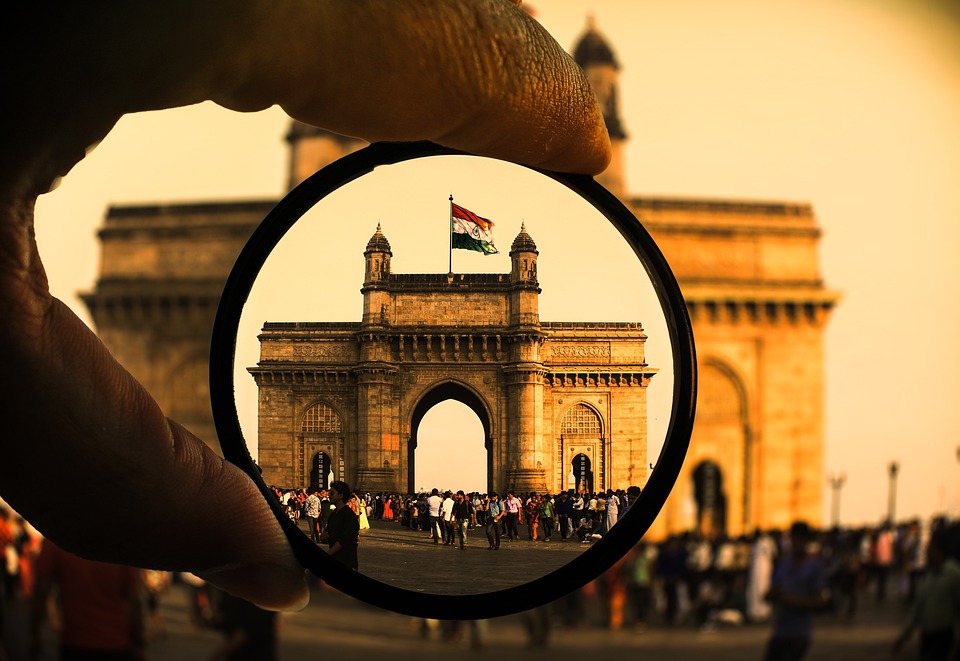History of India and Festivals – India is a country that is known for its diverse culture, rich heritage, and colorful festivals. The country has a long and interesting history that has shaped its traditions and beliefs. India is a land of festivals, and every state and region of the country celebrates its own unique festivals. In this article, we will take a journey through the history of India and explore some of its most popular festivals.
The Early Civilization of India
The history of India dates back to thousands of years. The Indus Valley Civilization, which existed between 3300 BCE to 1300 BCE, was one of the earliest civilizations in the world. The civilization was known for its well-planned cities, advanced drainage system, and trade relations with other civilizations.
The Vedic Age
The Vedic Age in India began around 1500 BCE and lasted until 500 BCE. This era was marked by the emergence of the Vedic religion, which was based on the Vedas – the holy scriptures of Hinduism. The Vedic Age was also known for its social structure, which was divided into four varnas or castes.
The Maurya Dynasty
The Maurya Dynasty was one of the most powerful dynasties in Indian history. The dynasty was founded by Chandragupta Maurya in 322 BCE and lasted until 185 BCE. The Maurya Dynasty was known for its efficient administration, military prowess, and the spread of Buddhism.
The Mughal Empire
The Mughal Empire was one of the most influential empires in Indian history. The empire was founded by Babur in 1526 and lasted until 1857. The Mughal Empire was known for its impressive architecture, art, and literature. It was during the Mughal period that many of India’s famous landmarks, such as the Taj Mahal and the Red Fort, were built.
The British Raj
The British Raj began in 1858 and lasted until 1947. The British rule had a significant impact on Indian history and culture. The British introduced modern education, railways, and other infrastructure. However, the British Raj was also marked by oppression and exploitation.
Festivals of India
India is a land of festivals, and there are countless festivals that are celebrated throughout the year. Some of the most popular festivals in India are:
Diwali
Diwali, also known as the Festival of Lights, is one of the most widely celebrated festivals in India. It is a five-day festival that marks the victory of good over evil. People decorate their homes with lights, burst firecrackers, and exchange gifts and sweets.
Holi
Holi is known as the Festival of Colors. It is celebrated to mark the arrival of spring and the victory of good over evil. People play with colors and water, sing and dance to traditional songs, and exchange sweets and snacks.
Eid
Eid is the most important festival for Muslims in India. It marks the end of the holy month of Ramadan. People offer prayers at mosques, visit friends and family, and exchange gifts and sweets.
Christmas
Christmas is celebrated by Christians in India on December 25th every year. People decorate their homes with Christmas trees, lights, and ornaments. They attend midnight mass, exchange gifts, and enjoy traditional Christmas delicacies.
Conclusion
India is a land of diverse cultures and traditions. The history of India has played a significant role in shaping its festivals and beliefs. The festivals of India are a reflection of its unity in diversity. They bring people together, regardless of their religion or region, and promote a sense of unity and harmony.
India’s rich history has left a lasting impact on its festivals. Each festival has its own unique significance and is celebrated with great enthusiasm and joy. Whether it’s Diwali, Holi, Eid, Christmas, or any other festival, the spirit of celebration is infectious, and people come together to enjoy the festivities with their loved ones.
The festivals of India are not just a time for celebration but also a time for reflection and gratitude. They remind us of the importance of family, friends, and community, and they offer a chance to strengthen these bonds. They also teach us about our cultural heritage and give us a sense of identity and belonging.
In conclusion, the history of India and its festivals are closely intertwined. The rich and diverse history of India has given rise to a plethora of festivals, each with its own unique significance and customs. These festivals bring people together and promote a sense of unity and harmony, making India truly a land of celebration and diversity.
requently Asked Questions (FAQs)
- What is the most popular festival in India?
The most popular festival in India is Diwali, also known as the festival of lights. It is celebrated with great enthusiasm and joy across the country and marks the victory of good over evil.
- How many festivals are celebrated in India?
India is a land of diverse cultures and religions, and there are many festivals celebrated throughout the year. It is estimated that there are over 50 major festivals celebrated in India.
- What is the significance of festivals in Indian culture?
Festivals play a significant role in Indian culture as they bring people together, promote unity and harmony, and reinforce cultural values and traditions.
- What are some of the traditional foods eaten during Indian festivals?
Traditional foods vary depending on the festival and region in India. Some popular festival foods include sweets such as ladoos, barfis, and jalebis, as well as savory snacks such as samosas and pakoras.




